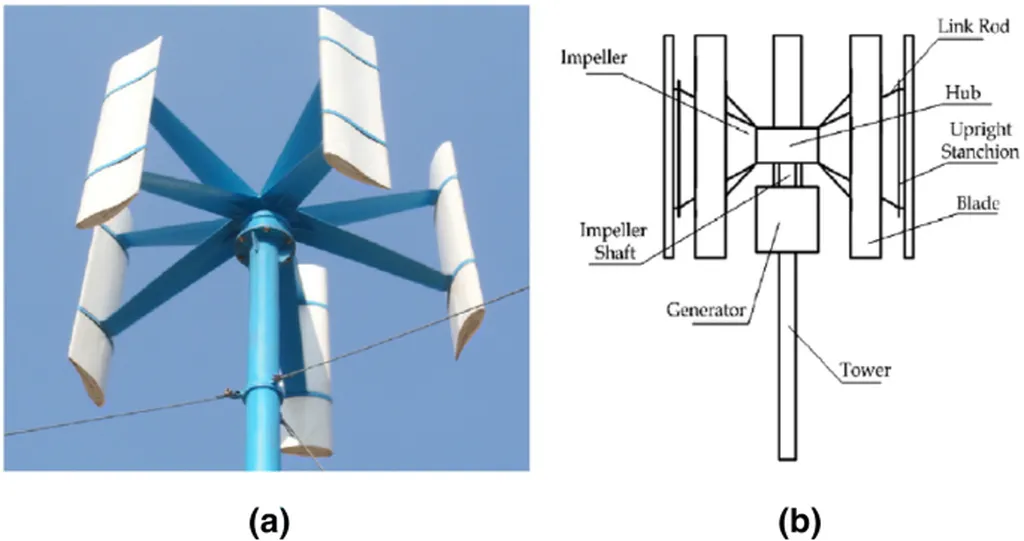In the rapidly evolving world of renewable energy, researchers are constantly seeking innovative ways to enhance the efficiency and reliability of wind power systems. A recent study published in the journal *Control and Automation* (Kongzhi Yu Xinxi Jishu) offers a promising advancement in this arena. Led by ZHENG Liang, the research introduces a novel approach to optimizing the performance of wind turbines using particle swarm optimization (PSO), a cutting-edge optimization algorithm.
Wind power systems, particularly those based on permanent magnet synchronous generators (PMSG), rely heavily on proportional-integral (PI) controllers for managing speed and current. However, the complexity of these systems makes it challenging to fine-tune the parameters of multiple PI controllers simultaneously. This is where ZHENG Liang’s research comes into play. By leveraging the robust optimization capabilities of PSO, the study transforms the parameter tuning problem into an algorithmic challenge, streamlining the process significantly.
“The powerful optimization ability of PSO allows us to self-tune the parameters of multiple PI controllers at the same time,” explains ZHENG Liang. This breakthrough not only simplifies the tuning process but also ensures that the controllers meet the expected output requirements, thereby enhancing the overall performance of the wind power system.
The implications of this research are far-reaching for the energy sector. As wind power continues to grow as a key component of the global energy mix, the need for efficient and reliable control systems becomes ever more critical. The ability to optimize PI controller parameters using PSO can lead to more stable and efficient wind turbines, ultimately reducing operational costs and improving energy output.
Moreover, the commercial impact of this research cannot be overstated. Wind energy companies stand to benefit significantly from the adoption of this optimization technique, as it promises to enhance the performance and longevity of their turbines. This could translate into substantial cost savings and a more robust energy infrastructure.
Looking ahead, the research by ZHENG Liang and his team could pave the way for further advancements in the field of renewable energy. As the energy sector continues to evolve, the integration of advanced optimization algorithms like PSO into wind power systems could become a standard practice, driving innovation and efficiency to new heights.
In the words of ZHENG Liang, “The simulation results show that PSO can not only realize the self-tuning of multiple PI controller parameters at the same time but also satisfy the expected output requirements.” This statement encapsulates the essence of the research and its potential to revolutionize the way we harness wind energy.
As the energy sector continues to evolve, the integration of advanced optimization algorithms like PSO into wind power systems could become a standard practice, driving innovation and efficiency to new heights.

